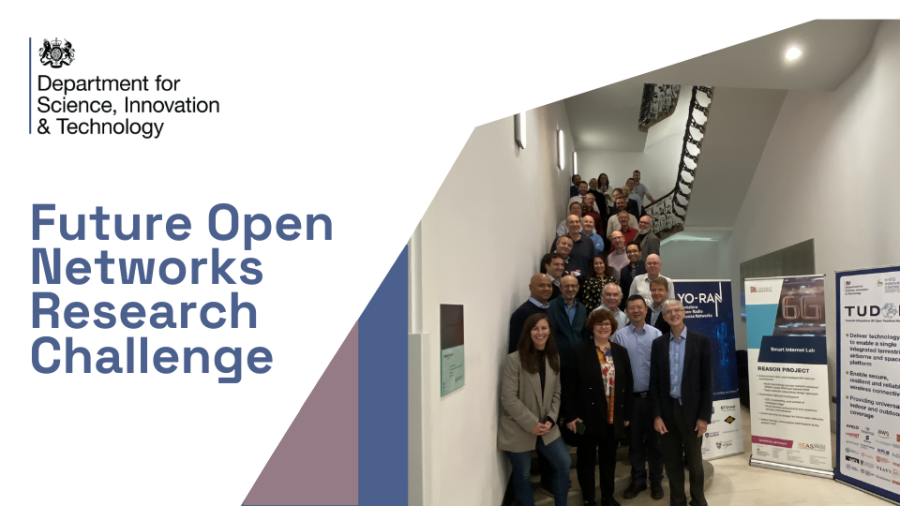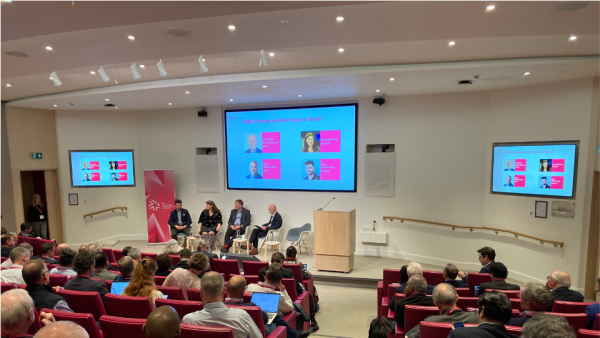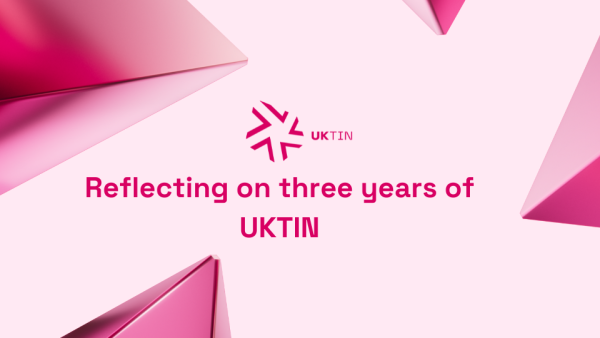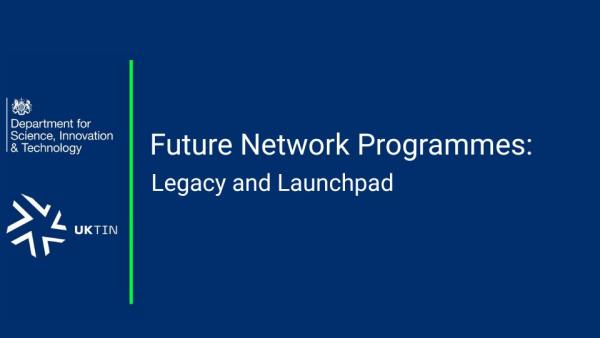Written by the REASON project

The REASON project recently led on the organisation of a workshop with fellow Future Open Networks Research Challenge (FONRC) projects. The purpose of the day was to showcase and discuss the vision and research contributions of three projects: REASON, TUDOR and YO-RAN. All three projects are large collaborations between academia and industry and are addressing emerging technologies and systems challenges in the field of future networks and specifically open networks and 6G.
The event comprised a morning session with presentations and an afternoon session with roundtable discussions. Each presentation provided an introduction and overview of their respective project, followed by deep dives on various aspects, such as architecture, use cases, multi-access technologies, and AI in future networks. The morning therefore provided insights into the work and research of all three projects and allowed us to learn more about each other.
The afternoon moved onto a series of engaging roundtable discussions focused on topics such as novel technology contributions, sustainability, and security, as well as intellectual property, standards, and long-term impact. We also explored opportunities for collaboration across the three projects, joint experimentation, and new developments, including testbeds and funding. These discussions were an important milestone in our ambition to facilitate knowledge sharing and cooperation among the projects and participants.
The day concluded with a presentation by EPSRC, providing an overview of the EPSRC Future Communications Hubs, and development of the JOINER testbed, a UK–scale telecoms research infrastructure also funded by EPSRC.
Maria Lema, WeaverLabs, REASON Security Lead said:
The FONRC workshop day was an incredible opportunity to share ideas with the other projects, gain understanding on how each of the projects is tackling some of the biggest challenges in advancing telecommunications and open networks. It was great to identify synergies and complementary elements, and that the FONRC programme encompasses such diverse views and research approaches. This will guarantee a great outcome for the programme.
What is FONRC?
The Future Open Networks Research Challenge facilitates collaboration between universities, major Radio Access Network (RAN) vendors, and telecom organisations to advance research and development. Its objective is to promote openness and interoperability in upcoming network architectures, ensuring commercial appeal to large vendors, Mobile Network Operators (MNOs), and Venture Capitalists. The challenge focuses on influencing technology roadmaps, strengthening UK influence in Standards Development Organisations (SDOs), enhancing the UK telecoms R&D ecosystem, and actively contributing to the country's evolving future networks and 6G vision. Additionally, it seeks engagement with relevant government initiatives and organisations such as DCMS, UK Research and Innovation/Engineering and Physical Sciences Research Council, UK Telecoms Innovation Network (UKTIN), SONIC Labs, and the UK Telecommunications Laboratory (UKTL).
There were three project winners, and our event on 14th November aimed to bring them together.
REASON, with a total project funding of £12m, is a collaborative effort involving key players in the telecommunications R&D supply chain, including major mobile network equipment vendors. The project aims to innovate, develop, and industrialise technologies for future 6G telecommunication networks. It focuses on creating a roadmap for open 6G network architectures, addressing challenges like network densification, multi-technology access integration, and advanced automation. The partners include prominent universities, equipment vendors, and service providers.
TUDOR is a UK research project aligned with Open RAN principles, focusing on open network components for interoperability in diverse environments. Led by the University of Surrey, it involves researchers, vendors, operators, and aims to contribute to standards.
YO-RAN in Yorkshire involves universities and regional partners, aiming to develop Open RAN components and a controller for Neutral Host Networks, with a focus on low-cost radio units and efficient interfaces.
Prof. Dimitra Simeonidou said:
The University of Bristol is delighted to lead this partnership and drive the development of future open 6G network solutions in the UK. Our project, REASON, is engaging a consortium of partners representing the entire telecoms R&D ecosystem, including leading UK Universities, large equipment vendors, service and content providers and innovative SMEs. REASON will address key technological challenges of delivering End-to-End Open Network solutions, considering all segments and functions of the network. The project will pursue breakthroughs on elevating bottlenecks of current systems, such as interoperability, agility, sustainability, resilience, and security, and will position UK-born technologies as candidates for delivering future solutions.
Trevor Gill (Technical Advisor, Future Networks Programme), Walter Tuttlebee (Technical Advisor), DSIT said:
The atmosphere of the day was extremely positive and collaborative, with some good learning and a will for the projects to continue such meetings on a regular basis.
The main takeaway was that the overarching goal is to demonstrate that the projects are collectively "greater than the sum of their parts," ensuring that the cost-benefit of these collaborative activities is worthwhile.









